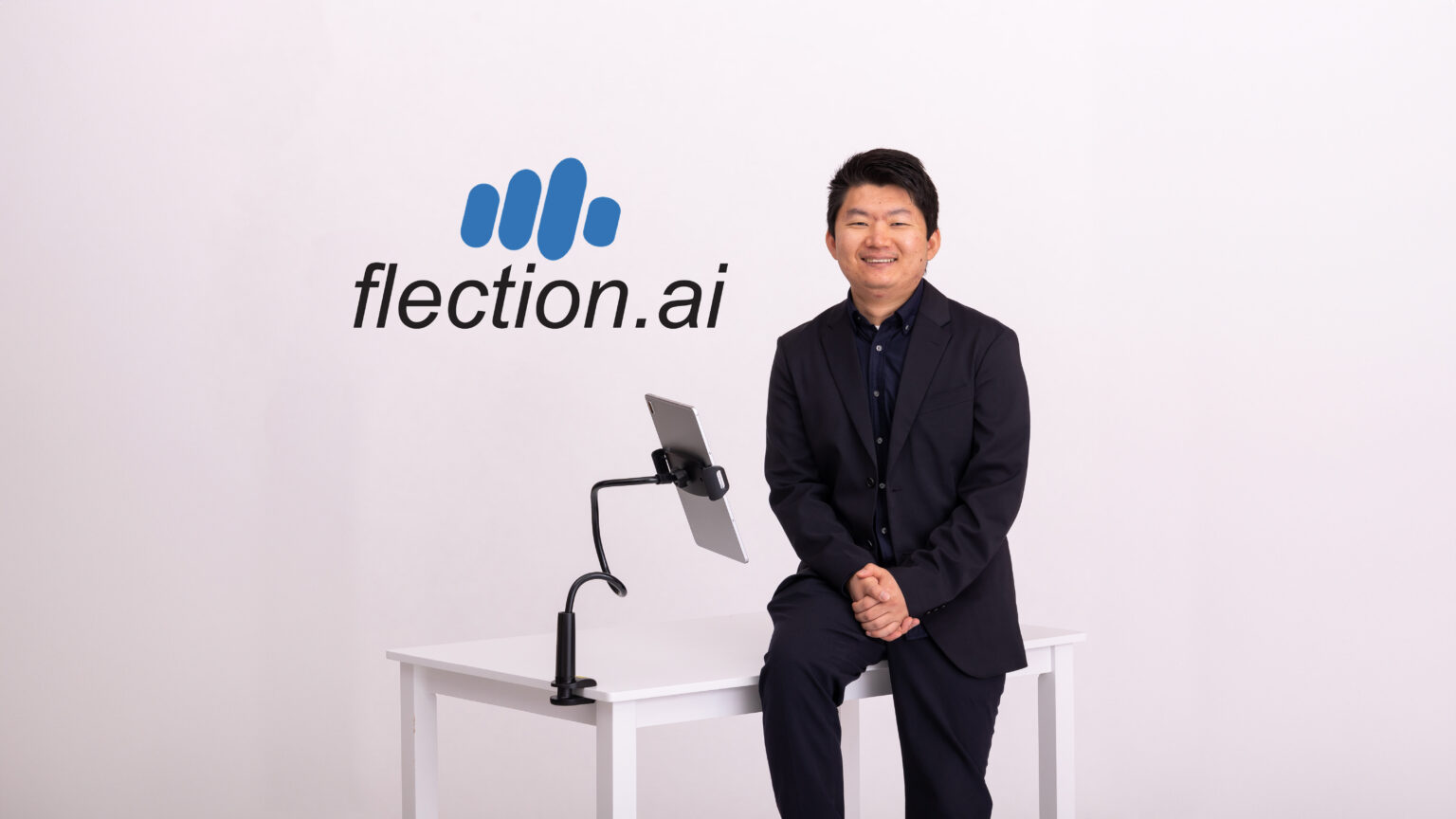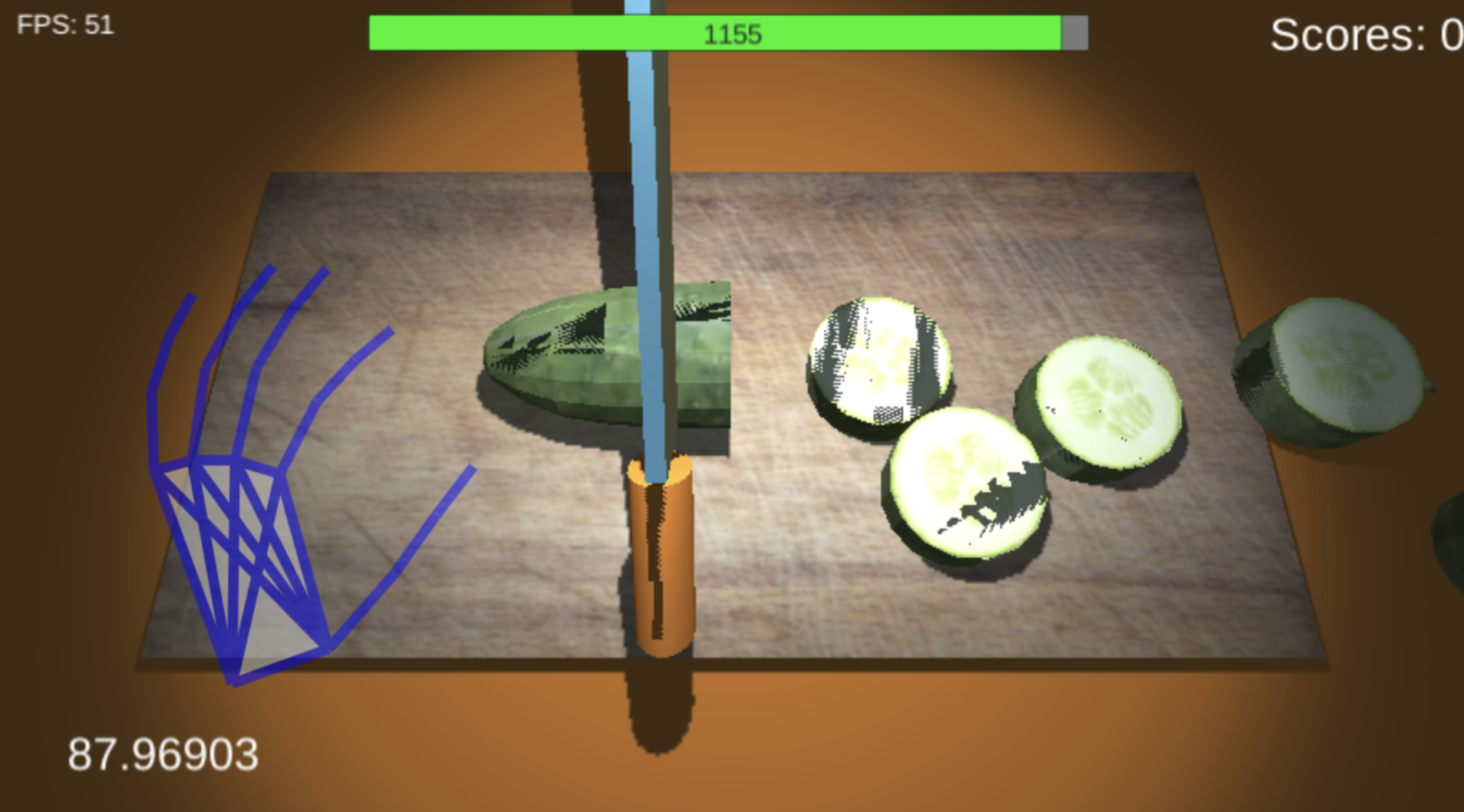
Team: Alexandr Pak (NYU Researcher), Mukhtar Sadykov, Chingis Aitzhanov, Abilmansur Eshmuratov, Zhanat Takenov
About the Venture: Flection.ai is a digital platform featuring AI-powered therapeutic games. It’s an affordable and accessible solution for stroke patients to regain lost motor function and speech from the comfort of their homes.
Approximately three years ago, a close relative of mine required neural rehabilitation. In my search for an accessible and engaging solution that would enable them to exercise at home, I found a gap in the market. Unfortunately, I couldn’t find a solution that was both effective and affordable, providing the flexibility necessary for home rehabilitation.
Recognizing the importance of beginning rehabilitation immediately after surgery, as the likelihood of full recovery is highest within the first six months, my friend and I founded flection.ai on a mission to make rehab accessible to anyone, anytime, anywhere. We aimed to develop a product that would empower patients and their families to initiate the rehabilitation process without the need for commuting or investing in expensive equipment, allowing them to start within minutes. Now, after over a year of intensive work and testing with more than 50 patients from two rehabilitation clinics, along with the development of over 15 therapeutic games, we are thrilled to announce our planned launch in May 2024.
Reflecting on our journey, let’s delve into how we got here…
Initially, our strategy involved leveraging industry-grade hardware devices for motion tracking, seamlessly integrated with game development engines. However, this approach encountered significant limitations. Firstly, it required users to purchase and install dedicated hardware, creating accessibility barriers. Moreover, licensing restrictions, exclusive focus on hand movements, logistical challenges in hardware shipment, dependence on third-party hardware, and scalability issues further hindered its effectiveness.
We integrated AI to track human body movements, converting them into interactive online games, aligning with our mission to democratize rehab access. A significant breakthrough occurred when we successfully enlisted our first patient to test our product. Through these initial tests, we gained a profound understanding of the importance of meticulous attention to detail. A critical and pivotal lesson learned was the challenge of maintaining patient engagement solely through a single game.

To address the single-game challenge, we introduced rehab mini-sessions: a series of short, engaging games with predefined parameters, interspersed with breaks. This streamlined approach simplifies the user experience, allowing patients and therapists to simply select exercise types, duration, and difficulty level. The system then curates a personalized rehab session.
This approach offers several benefits:
Continuing our focus on rehab mini-sessions, we took a vital step guided by therapist feedback. Therapists emphasized the importance of contextual, goal-oriented movements that mimic daily activities, like washing dishes, cooking, and cleaning. These movements stimulate specific brain regions, promoting better recovery.
To integrate this insight, we’ve embarked on a new chapter: developing engaging games based on real-world scenarios. To make this possible, we brought a strategic new team member on board and restructured our workflows to accommodate this exciting direction.
We’re currently in the testing phase of these digital occupational therapy sessions, and the initial results are very promising. We can’t wait to share more about how these therapeutic games are further enhancing the flection.ai experience! Check us in May 2024!
